Forever a Student: Fostering A Learning Mindset
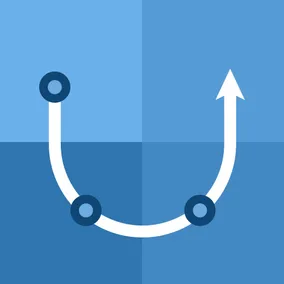
Kate Studwell, Former Project Manager
Article Category:
Posted on
Soon I’m embarking on a new adventure; I’ll be heading off to code school full time to learn software development.

Transitions are a good time for introspection, so I’ve been wondering what it will be like to “go back to school.” Will I be able to get back into the mindset of a student and pick things up quickly? What makes a good student? And what makes a good teacher?
The program I’m attending will have both an instructor and a TA leading our 15-person cohort, but I expect a lot of the learning will be done in collaboration with other students who will be trying to master the same concepts.
This students-learning-from-students mindset reminds me of the Austin Kleon presentation I attended at Hopscotch Design Festival, in which he argued that students learn best from other students. Austin’s argument is backed up by the learning model developed by Gordon Training International, which breaks down the process of learning a new skill into four stages of competence.
The Four Stages of Competence
This model outlines how our awareness and level of skill change while learning and mastering a new skill or concept. In the first stage, we know nothing, We don’t even know what we don’t know (this was me when I decided I wanted to learn to develop). We’re unconsciously unskilled. Then, we start to get a sense of what a task or skill actually entails, and how much we really need to learn. We become aware of how ignorant we are. At this point we are consciously unskilled, but can start actually picking up skills. Somewhere on the spectrum between unconsciously and consciously unskilled is where we may be most likely to overestimate our abilities, as Simons and Chabris found in The Invisible Gorilla.
Once we have a good base level of a given skill, we can begin to practice. We’re very aware of what we’re getting right - and what we’re getting wrong. We start to improve, but it doesn’t yet come naturally. At this point, we’re consciously skilled. As the skill becomes more intuitive and second nature, we move along the path towards mastery. We no longer have to reference training materials or notes to perform basic functions. We perform actions without second guessing ourselves. We’ve become unconsciously skilled, and at this point we might begin to forget how far we’ve come.
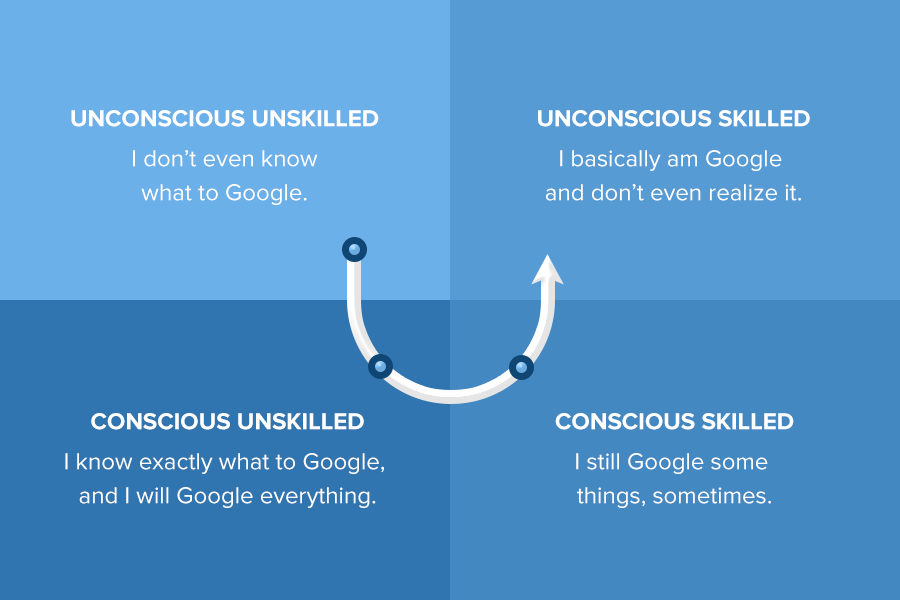
Four stages of competence. Hat tip to Billy French for the design, and Todd Moy for the content suggestions.
Once you’re a master, the concepts are so second nature that explaining them to a beginner (or one of those pesky unconsciously unskilled students) can prove quite challenging. Your explanations assume that your student has much more of a base level knowledge than they do. Concepts that may seem obvious to you may be completely foreign to others.
Bridging the Gap
This phenomenon presents a challenge not just in academic environments, but in everyday interactions. We’ve all experienced those conversations where someone had an interest or a job that was so different from our own that it becomes hard to even get a baseline understanding of what it entails. (I recently had a social worker tell me she knew someone else who “did something with computers” when I told her I was a project manager). This happens to everyone; we’re all unconsciously unskilled at so many things, and when communicating with someone who is unconsciously skilled, how can we even be aware of our unconscious differences?
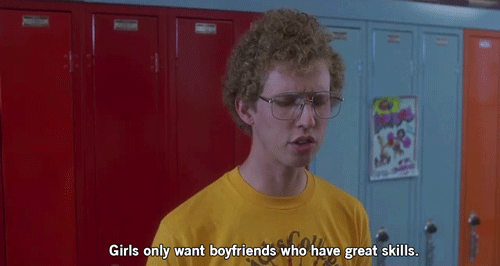
In workplace settings, it’s important to bridge this gap as best we can. And, in fact, a large part of the project management role is exactly that; helping two or more people with different levels of skill in different disciplines come to a common understanding, whether that’s across internal teams or between your team and the client.
Here at Viget, we talk a lot about developing T-shaped skillsets. We have many specialists across disciplines (design, development, strategy, analytics, and so on), and within disciplines (some of our front-end developers have a deep specialization in accessibility, some are more excited by React and client-side apps). What we all strive for is a base knowledge across all disciplines. Whether that means a UX designer dabbling in code, a back-end developer working with javascript frameworks, or a designer leading client interactions including timeline and budget conversations, we’re comfortable stepping out of our deep specialization (vertical skills) and flexing our horizontal skills.
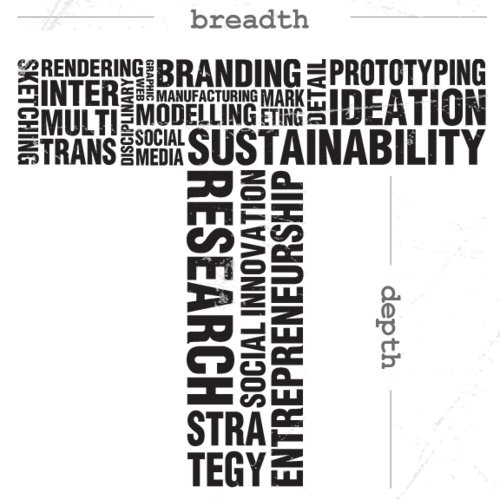
Image credit to James Rice Design.
So, what does this all have to do with learning? Well, in the ever-changing world of the web, we need to keep the student-focused mindset so we can constantly develop our horizontal skills. And, as we know, the best way to do that is if we are all students - or, at least, as experts, to try to keep our student mindset.
Becoming Conscious
We have a few strategies for fostering conscious learning here at Viget.
Our weekly LabShare presentation series allows us to share something we’re passionate about, whether it’s a new skill, a hobby, or an overview of a book we’ve read recently. Because the audience (the entire company) has a broad range of experience and interest, the most successful LabShares approach their presentation from the eyes of an unconciously unskilled student - the first step is to get the audience up to speed on the topic before diving into more specifics.
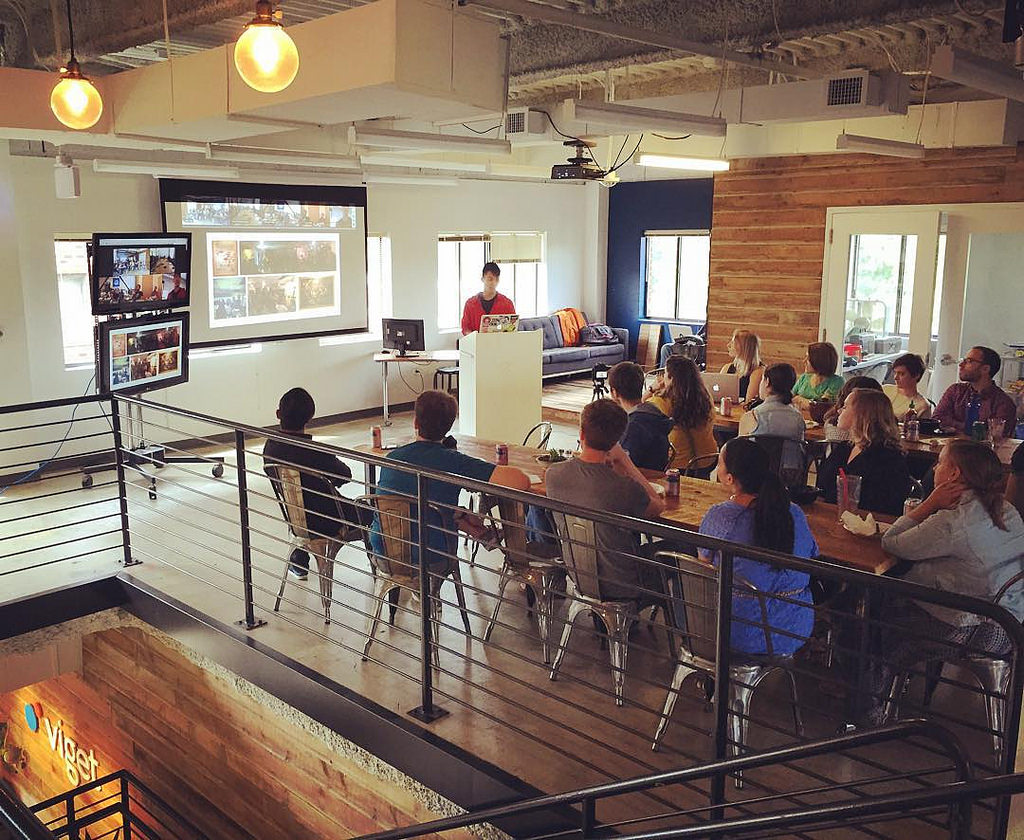
Joseph giving a LabShare at HQ.
Viget team members also lead internal microclasses. These one-hour sessions typically focus on one specific skill or technology that others are hoping to learn. Recent microclasses include Lawson’s Security overview, Ben’s SEO primer, Todd’s intro to Sketching, and Trevor’s three-part Craft lessons. Part of the beauty of these microclasses is, like the LabShares, the broad audience. Attendees all have different specialties and backgrounds, and by all learning one skill together, we’re able to ask questions that might not have occurred to the instructor - and learn from each other’s challenges.
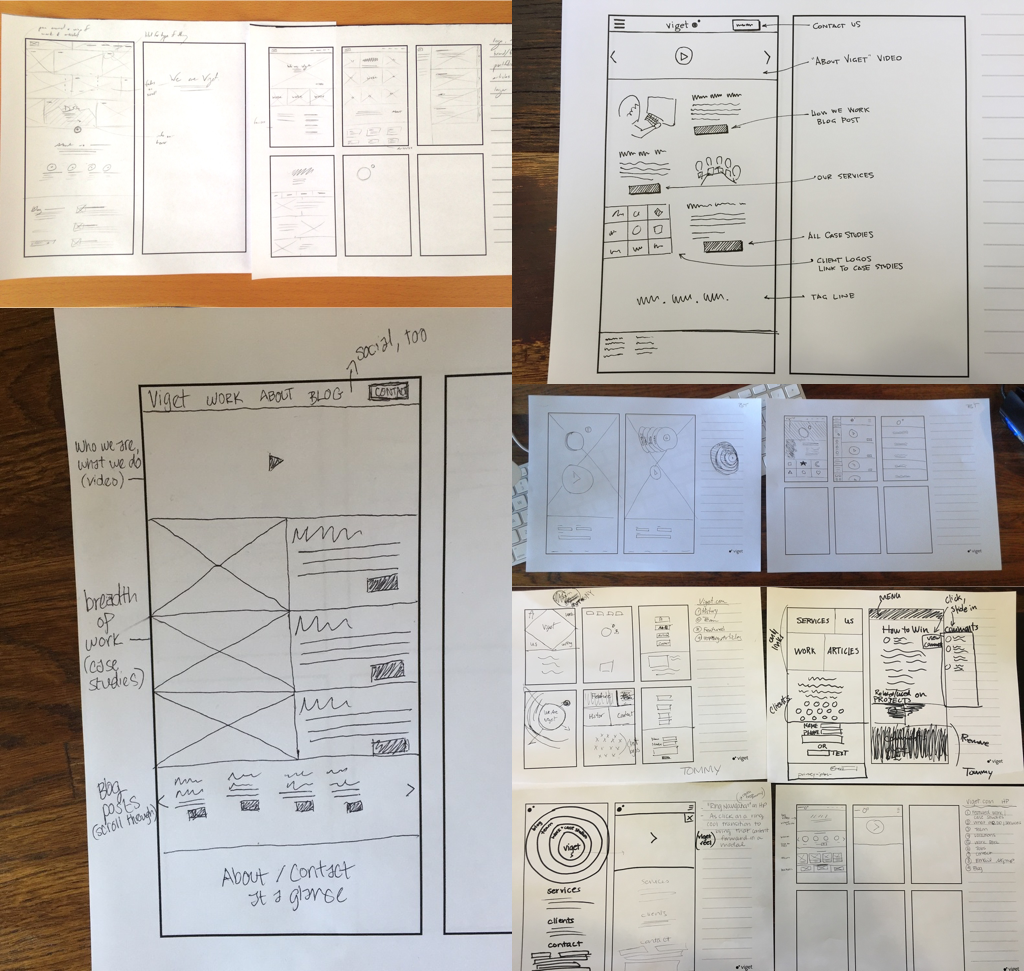
A smattering of sketches from Todd's microclass.
Another way Viget team members get in the students-learning-from-students flow is by going to meetups or taking classes together to learn a new skill or technology. They’re able to help each other through shared challenges and hold each other accountable for their learning. Zachary and David just completed a 3-month course on functional programming, leaning on each other for support during the most intensive parts of the course.
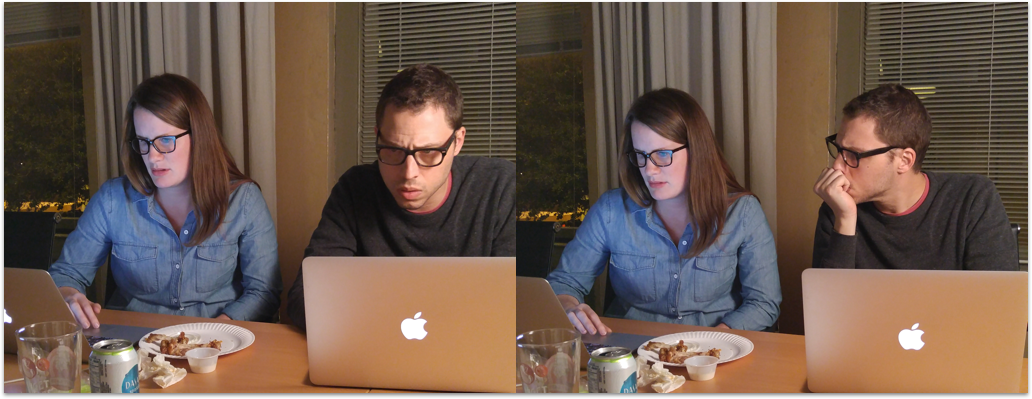
Researching some Elixir error messages with David. ¯\_(ツ)_/¯
These are just a few examples of how we at Viget work to foster the student mindset -- working to get away from our unconsciously skilled biases and trying to continually build skills -- together.
In my time here, I've benefitted from this approach, and think that transitioning back to full-time student-mode is going to be made much easier given my constant learning opportunities at Viget. It will be a steep learning curve to move from an unconsciously unskilled developer to one who actually has some chops, but I'm looking forward to that journey. And, in my journey to consciousness (and back again), I hope I'll always remember what it's like to be that student so I can pass my knowledge on.